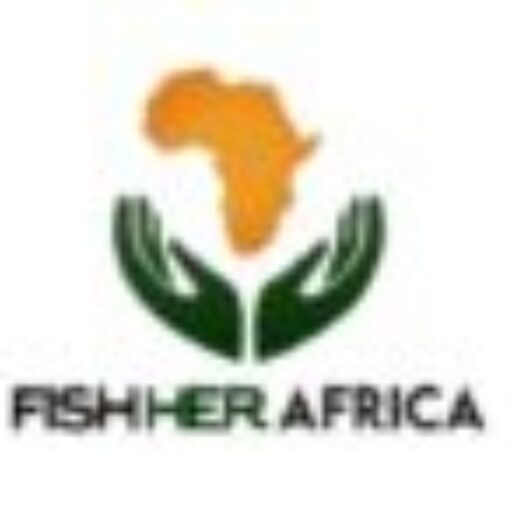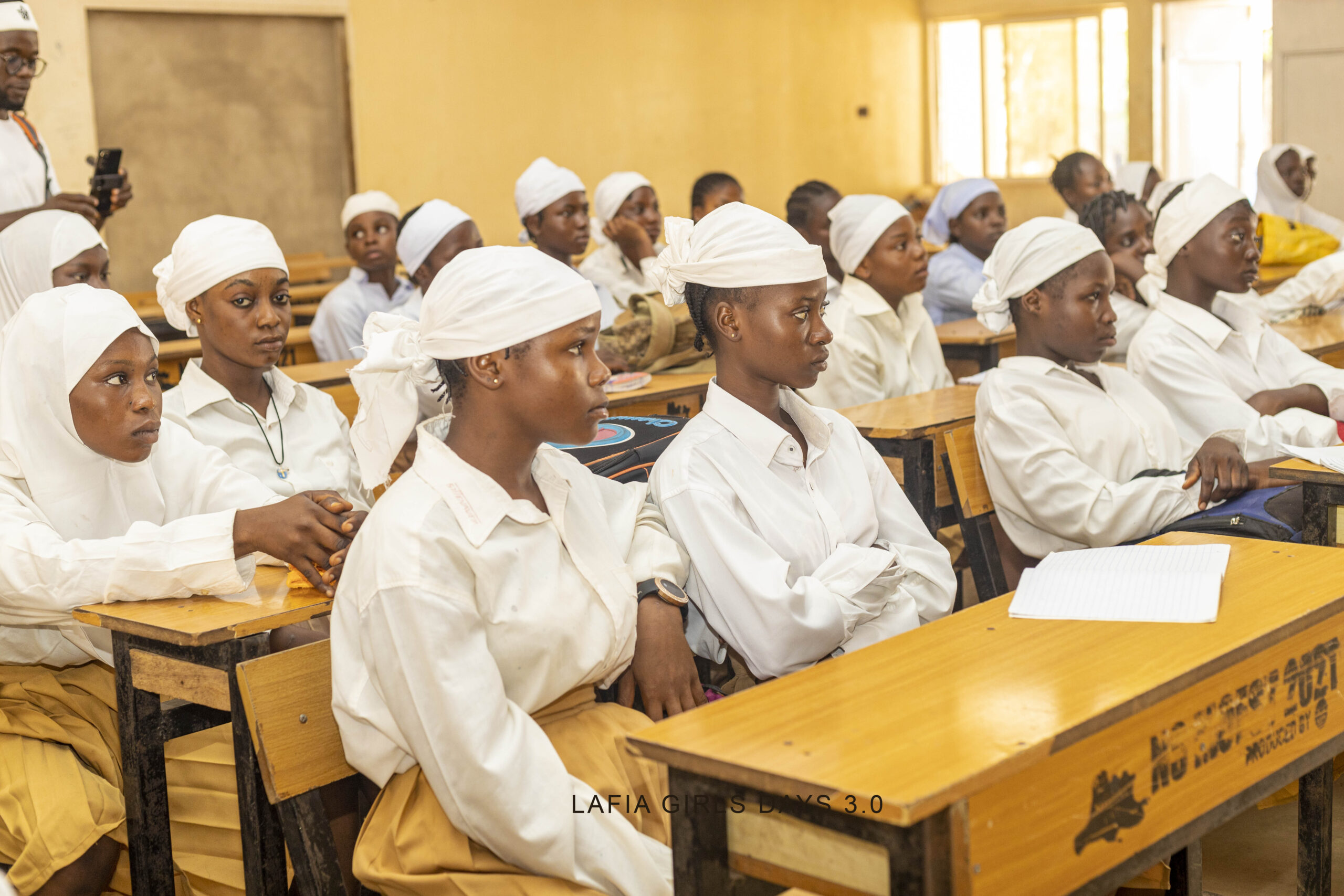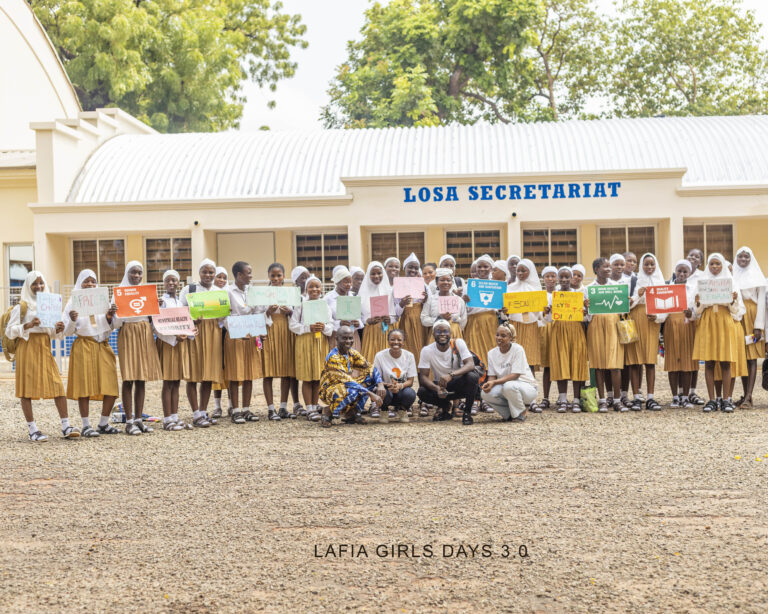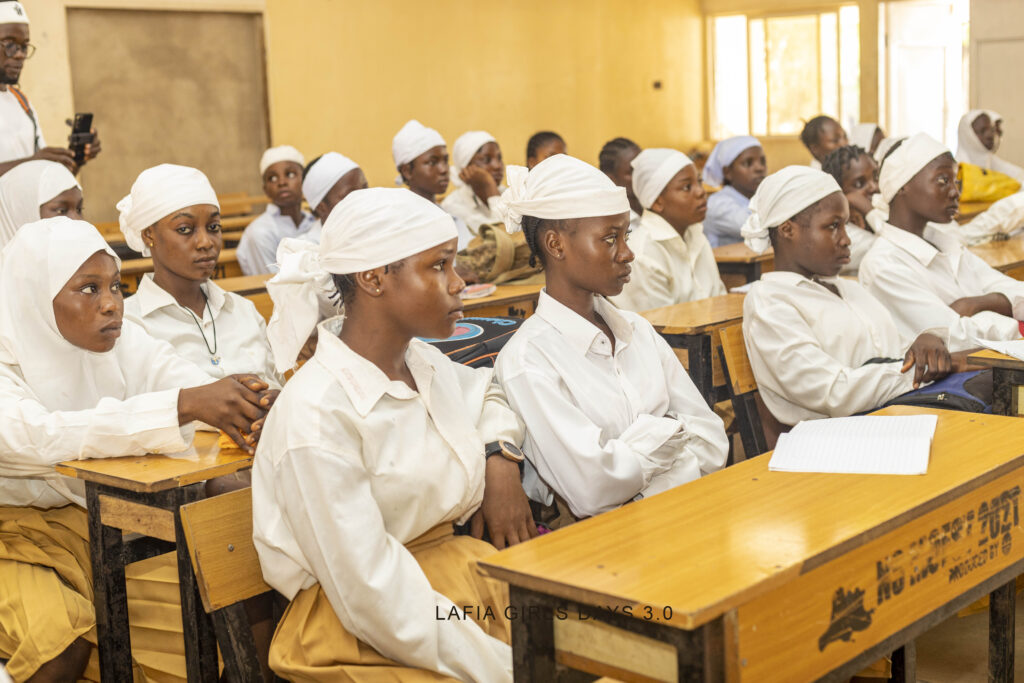
✨ Introduction
For millions of adolescent girls across Africa, getting an education is more than just overcoming economic or cultural barriers—it’s about having access to clean water, safe toilets, and menstrual hygiene products. This silent but devastating issue is called period poverty, and it’s keeping girls out of classrooms every single month.
While boys attend school uninterrupted, many girls miss 3 to 5 school days each month due to a lack of menstrual hygiene support. That’s nearly 60 missed days a year, placing them at a severe educational disadvantage.
🧼 Understanding Period Poverty and Its Impact
Period poverty is the lack of access to sanitary products, hygienic toilets, private spaces to manage menstruation, and information about menstrual hygiene management (MHM). It isn’t just a health issue—it’s a matter of education, equality, and dignity.
In Africa, particularly in underserved communities, the absence of WASH in schools (Water, Sanitation, and Hygiene) contributes heavily to this crisis. Without access to clean water for girls, soap, private toilets, and menstrual supplies, school becomes a place of anxiety and shame during a girl’s period.
🚽 WASH and the School Dropout Crisis
Access to WASH for adolescent girls is critical to their retention in school. Yet, many schools in rural Africa either lack toilets entirely or have facilities that are unsafe, unhygienic, or shared with boys.
Girls and Sanitation Challenges:
- No private toilets for girls to change their pads
- Lack of running water to clean themselves
- No sanitary disposal bins for used products
- Fear of staining, teasing, or public embarrassment
These challenges often lead girls to stay home during their periods, miss critical lessons, fall behind, and in some cases, drop out entirely.
📚 The Role of Hygiene Education Programs
Many girls experience their first period with no prior knowledge or preparation. The lack of hygiene education programs means that menstruation is often met with fear, confusion, and shame.
Schools and communities that lack proper MHM education reinforce cultural taboos, making periods a “dirty secret” instead of a natural biological process. Without education, girls:
- Feel ashamed of their bodies
- Use unsafe materials like old rags or tissue
- Avoid asking for help or support
- Miss out on puberty education
When schools integrate menstrual hygiene into the curriculum and create safe spaces for conversations, girls are empowered to stay in school with dignity.
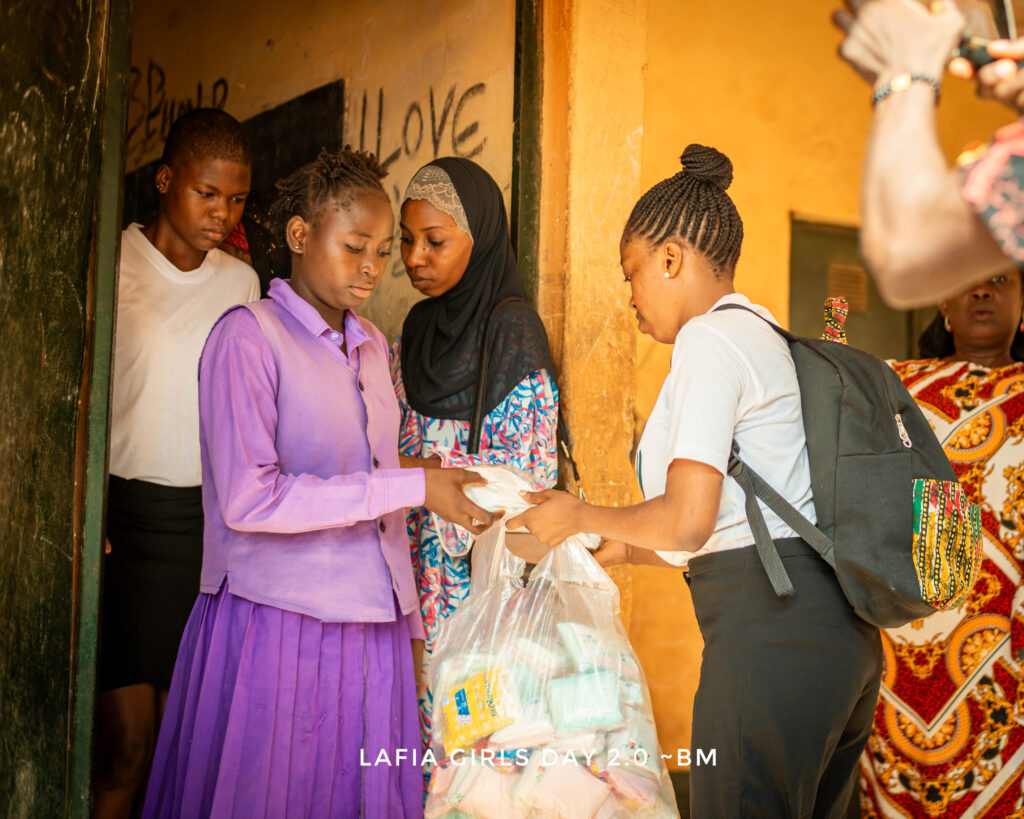
🌍 What FishHer Africa Is Doing About It
At FishHer Africa, we are deeply committed to breaking the cycle of period poverty and ensuring that every girl can attend school, every day of the month.
Here’s how we’re taking action:
- 🩸 Distributing menstrual kits through pad drives in schools and underserved communities
- 🧼 Advocating for WASH in schools, including clean toilets and handwashing stations for girls
- 🧕🏾 Providing MHM education to students and teachers to break myths and stigma
- 📣 Raising awareness about the link between period poverty and school dropout rates
By promoting menstrual hygiene management (MHM) and sanitation for girls, we help remove the silent barriers keeping girls from thriving in school.
💛 What You Can Do to Help
Ending period poverty in Africa will require collective action. Here’s how you can join us:
- Donate to support our next menstrual hygiene outreach in rural communities
- Sponsor a school WASH project to install clean toilets or handwashing stations
- Partner with us to deliver hygiene education and MHM workshops
- Share this blog to raise awareness and spark conversations
📝 Conclusion
Period poverty is not just about periods—it’s about power.
When a girl is forced to miss school because of her menstruation, her right to education, dignity, and opportunity is denied. But it doesn’t have to be this way.
By investing in WASH in schools, hygiene education programs, and clean water for girls, we can ensure that no girl is left behind—no matter the time of the month.
🌟 Join the movement. Help us keep girls in school—period.
